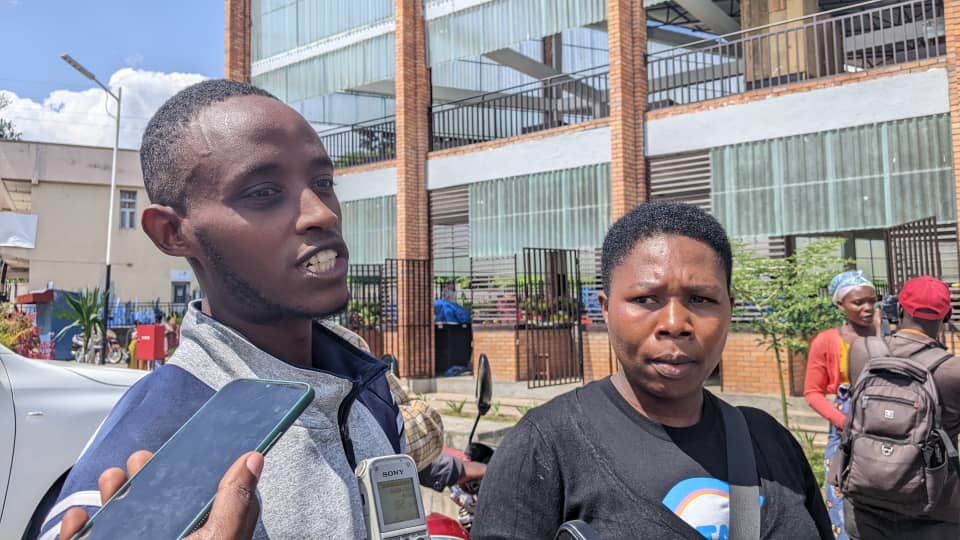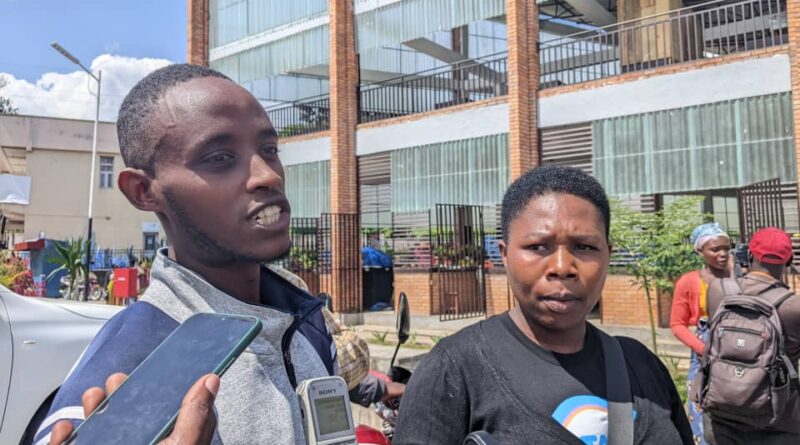What Is being done to prevent losses for vegetable and fruit vendors at Kariyeri market?
Vendors dealing mainly in perishable food items like vegetables and fruits at Musanze’s food market, commonly known as Kariyeri, are lamenting the massive losses they incur due to the market’s roofing system.
The roof, made of translucent sheets, allows excessive sunlight and heat to penetrate, accelerating the deterioration of their products.
Some dry out quickly, while others rot within a short time, forcing vendors to discard unsold goods. Authorities are now exploring possible solutions to address this issue.
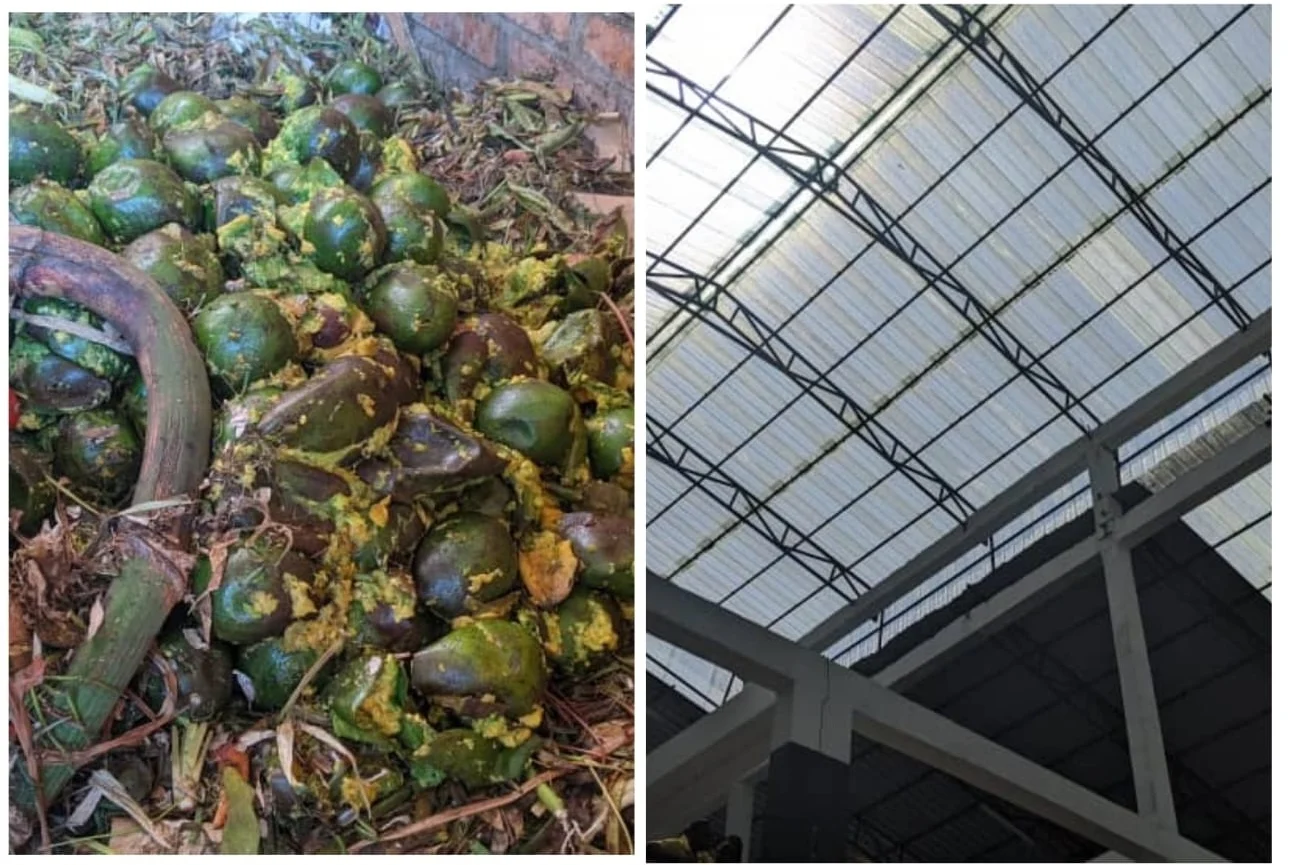
This problem is most prevalent on the upper floor of the market. Even those with stalls on the lower level still experience the impact of the sunlight filtering through. Ihirwe Joselyne, a vendor, describes the situation:
“A large section of this market is covered with bright, white sheets that let in direct sunlight, which generates intense heat. As a result, our vegetables and fruits dry out on the stands, while others quickly rot. Produce we purchase in the morning is often in bad shape by evening, and we end up throwing away a significant portion without selling it.”
Mujawamariya, an avocado vendor, estimates that she discards at least two basins of spoiled avocados every week.
“I usually buy two sacks of avocados and arrange them carefully based on their ripeness, taking a few at a time to sell. However, the heat from the sun damages them so fast that even before I sell a reasonable amount, a large portion ripens too quickly and starts rotting. If I invest RWF 40,000, I may only recover RWF 12,000 or RWF 15,000, losing the rest to spoilage.”
Niyonzima Dominique adds that some vendors have abandoned their stalls in sun-exposed areas and relocated their merchandise to cooler spots owned by their colleagues.
“Many of us had to leave our initial stalls and seek refuge in areas less affected by the sunlight. Aside from damaging our goods, the heat makes it unbearable for us to stand or sit there all day waiting for customers. We believe the people who designed this market’s roofing system overlooked critical factors, and now we are suffering the consequences.”
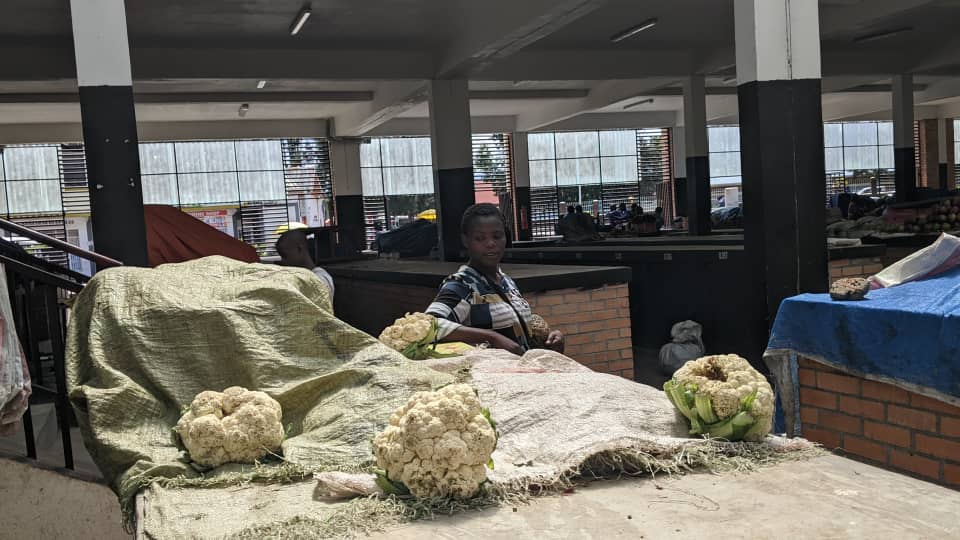
Some believe the only viable solution is replacing the current roofing system. Mujawamariya explains:
“It would have been better to use standard opaque roofing sheets instead. We could then use artificial lighting inside the market rather than continuing to lose our investments. Some vendors have completely abandoned their stalls, choosing to stay home instead of incurring daily losses. The only time we get a slight relief is during cold or rainy weather, but even then, it only lasts for a few hours.”
This market, which cost over RWF 6 billion to construct, is a newly built facility. It was completed in June 2024 and officially opened between July and August of the same year.
Musanze District Mayor, Nsengimana Claudien, explains that the roofing system was initially designed to maximize natural lighting during peak business hours.
“We chose this type of roofing to ensure sufficient daylight inside the market, making it easier for vendors and buyers to operate. However, we acknowledge that the outcome has not been as expected, and we understand the concerns being raised.”
He reassures vendors that authorities are actively seeking a solution.
“We are in discussions with the development partner who supported the market’s construction to explore ways of mitigating this issue. We are looking into innovative technologies or alternative solutions that can help reduce the harmful effects of direct sunlight.”
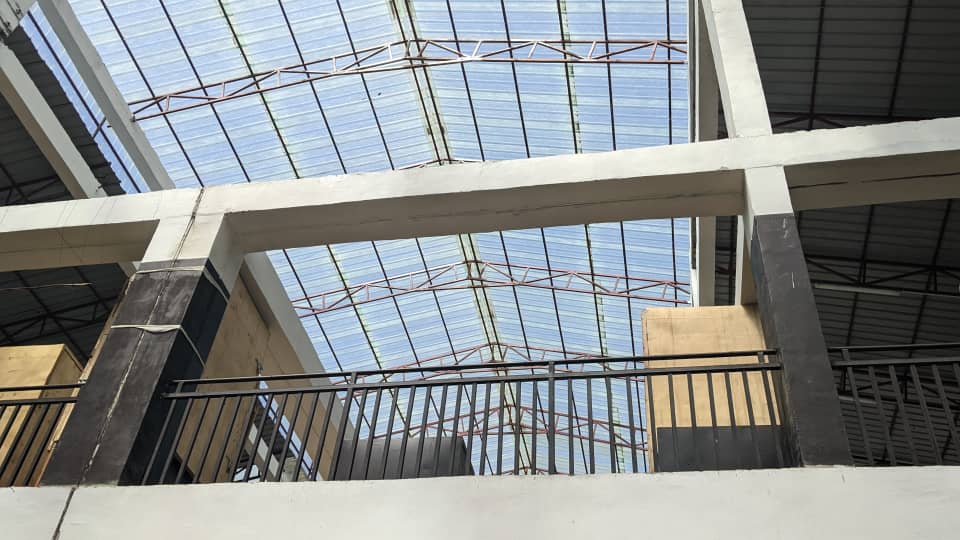
“We are working closely with our partner on possible interventions. Additionally, a market committee will soon be established, and we will collaborate with them to refine the best course of action. In the meantime, I ask the vendors to remain patient—help is on the way.”
The market was constructed by the Reserve Force with financial support from the Belgian Development Agency (Enabel).
